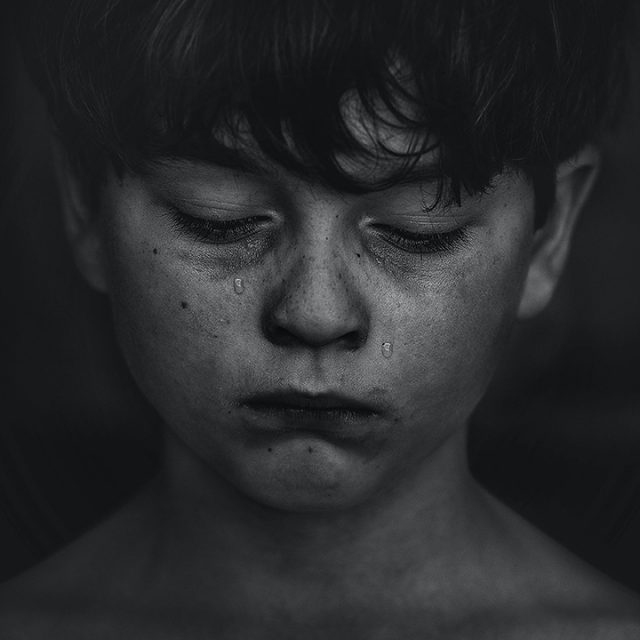Austin Folkertsma
campus editor
Ages 12-18 are the most common group that falls victim to cyberbullying, but what isn’t talked about very much is it’s not the only one targeted.
Research shows 41% of adults have experienced forms of cyberbullying, according to Pew Research Center.
The word “bullycide’’ is a term used when someone that is a victim of bullying or online harassment takes their own life.
The old saying sticks and stones may break my bones, but words will never hurt me is complete bullshit. Oftentimes, your mental wounds don’t heal, and if they do, let’s face it, they never heal completely. I remember in vivid detail some things that were said to me in school.
I was a victim of bullying and cyberbullying through most of my schooling. The school I attended had a policy that if it didn’t see anything, then nothing happened, or that’s how I felt it went down.
Cyberbullying is common nowadays because it’s easy to get a device that connects to the internet, and the long-term and short-term effects of it are absolutely insane.
Cyberbullying increases one’s chances of developing a mental disorder. One in five Americans has already been diagnosed with at least one, according to the Megan Meier Foundation.
Someone who is a victim of cyberbullying will develop certain long-term behaviors that will stick with them. For some, they may develop unhealthy habits or addictions such as alcohol abuse and/or drug abuse, according to the Online Abuse Research Center. Some people may develop self-destructive behaviors, trust issues and start taking poor care of their body and mind.

Cyberbullying has gone up since COVID, according to MI Blues Perspective. With COVID having been around for nearly two years, all we had for interactions was our cell phones. It has allowed the bullies to get to us because let’s face it, we can’t “just turn our phones off and ignore the problem,” as some would say.
It’s easier said than done telling that to a generation that grew up with technology all around them.
Suicide is the second-leading cause of death for people ages 15 to 29, according to the World Health Organization, and the numbers have gone up 8.7%, according to the Journal of Health Economics.
I lost my best friend to cyberbullying four years ago Nov. 1, 2017, and it was the worst day of my life. I remember getting that phone call from her family. Nothing hurts worse than hearing your best friend’s mom’s voice shaking on the other end of the phone, struggling to even speak to tell me that her daughter had taken her life.
So, before you send that tweet, that gossip column or whatever social media outlet it might be, take into consideration that you might be hurting people and their reputation.

